“Just a Bunch of S&*T”
by D.D. Jackson
[originally published in DownBeat magazine, July/02]
Every year, in the slower winter months (the “desert period” as drummer Andrew Cyrille once called them!), before the busy festival seasons of the spring-into-summer, that time of the year emerges again – namely, to sit down and crank out a few more compositions to use as material for my next recordings. So as I sit here going through the mysterious process of “harnessing creativity” I am reminded of perhaps the most helpful words anyone ever told me about the potentially elusive task of composing.
It was back in 1990 while I was beginning my studies with the late pianist Don Pullen. I had recently made the foray from the uptight world of classical music at Indiana University into the fresh world of jazz. I had found my new explorations excitingly freeing, yet one task had still failed me: writing original, meaningful material to blow on. Our lessons would often consist of very little actual playing, and, in fact, often took on the specter of a sort of therapy session, where I would sit at his beat-up grand piano in his home (several black keys often conspicuously absent or precariously re-glued due to his unique brand of ecstatic playing) and …just talk. That particular lesson I remember confessing my years of mental block about the compositional process; my utter self-consciousness about the material I came up with; my worries of inadvertent plagiarism. But after listening to many minutes of my frustrated venting, he paused and told me the words that began in me a cathartic freeing process that has stayed with me to this day: “Composition”, he said wryly, “when you really get down to it, is all just a bunch of shit”. What did he mean?
You have an idea; you try it out or write it down. The real challenge is not in this relatively simple process, but in resisting the temptation to over-analyze, to play the game of “what if this idea is no good?” Most students of jazz have some form of formalized training; they are taught rules and are told when they are breaking them; they develop a tactile, physical connection with the instruments they play and formulate a conscious technical approach that is relatively unbending. But Don was saying that when it comes to the first creative spark, set these studies aside momentarily and allow yourself a license not to judge.
The most basic exercise for me in this regard is also seemingly the most simple – namely, to sit down and…play; without evaluation, without worrying about what it sounds like; to freely improvise; to listen and to have fun with whatever ideas organically unfold, no matter how seemingly inane. Some of my most useful ideas, in fact, have often come from happy accidents; by being open to a slip of the hand on the keys, an accidental chord voicing, or even a technical exercise that inadvertently becomes the basis for a new piece of music. It is a mental state in which open-mindedness – a willingness not to pre-process – becomes paramount.
Of course, this is only a first step but, I maintain, the most fundamental to everything that follows. There will be time to cull from these creative experiments the potential basis for an idea; a melody; an appealing chord progression, or even a full-fledged piece. Sometimes these little snippets of ideas emerge quickly; sometimes they take weeks, months, or even years to materialize entirely clearly from one’s subconscious – there’s no fixed pattern. And there is the necessary (and fun!) step where you more consciously begin to sculpt and develop your material, the stage in which your trusty self-analytical instincts can now safely make a return. But bear in mind, when you first sit down, that composition is all fundamentally “just a bunch of shit”…
